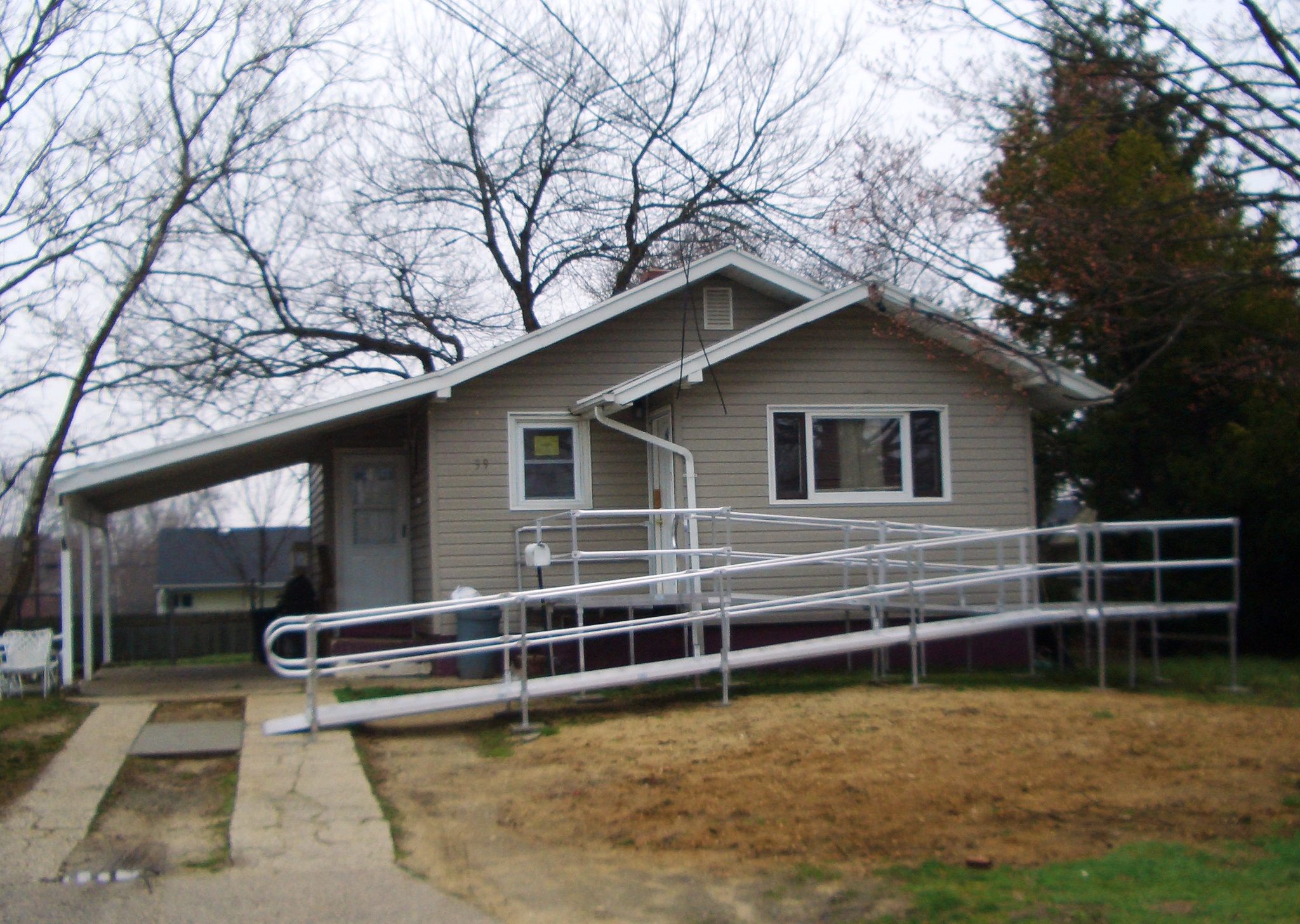Short sales are gaining traction as homeowners, real estate agents, servicers, and the GSEs have become more comfortable with the process. Servicers have even indicated that they have recently been approving more short sales than loan modifications, and short sales are outpacing foreclosures. Can the increasing comfort with short sales be used to keep people in their homes?
As of last summer, 22.1 percent of homeowners with mortgages were underwater and home values have fallen as much as 33 percent since 2006, according to the S+P/Case-Shiller Index of 20 cities. Underwater borrowers are more vulnerable to delinquency and foreclosure and can’t borrow to address unexpected maintenance issues; many are struggling to pay or are headed for foreclosure even though they could afford payments on the current value of the house.
Principal forgiveness through a loan modification would clearly address the problem. But given that that is not happening at a pace that is keeping up with demand, an alternative is short sale where a servicer accepts the sale of the home at or near the current market value. Short sales enable a servicer to close out a distressed loan efficiently and quickly, eliminate the risk of a declining market, and sometimes relieve themselves of burdensome or unclear maintenance obligations, both pre- and post- foreclosure.
HAFA Steps Up
The Obama administration’s Home Affordable Foreclosure Alternatives (HAFA) provides incentives and a streamlined process to servicers to work with borrowers who don’t qualify for, or succeed in, a loan modification under HAMP to conduct a short sale. To get a HAFA incentive, servicers must accept the sales prices as payment in full (no deficiency judgment), leaving a borrower with no more debt. A HAFA short sale is also better for homeowners: it is structured to be less detrimental to a credit report than conventional short sales are and comes with $3,000 in relocation assistance. It should be noted, however, that some traditional short sales right now are often coming with quite a bit more relocation assistance than that, with reports of up to $30,000.
However, HAFA has been underutilized. There have been hundreds of thousands of failed or cancelled HAMP modifications and a HAMP approval rate that, according to the Sunlight Foundation, as of August 2011 tends to be under 40 percent across the country and under 20 percent in many regions. That would imply a large pool of borrowers in HAFA’s sweet spot, and yet, only 10,754 short sales were completed under HAFA through June 2011.
Recently, HAFA guidelines were amended so its incentives can apply when nonprofits acquire homes from certain distressed, underwater sellers through short sale for the purpose of keeping the current owner in their home through a buy back or rent back. Until this change, homeowner retention was prohibited! Hopefully, servicers will be able to extrapolate from the current HAFA guidance to also approve short sales to mission driven, socially responsible, pre-qualified for-profit entities that intend to keep borrowers in their homes.
The new guidance opens up possibilities to take programs that use short sales to keep troubled owners in place to a much greater scale.





Comments